Posted on 7/26/2022

You have all the reasons to worry if you have suddenly noticed your vehicle making strange noises. Automobiles should not make any strange noises. Otherwise, there could be something wrong if you observe a sudden change in the engine noise. It could be a rattling, stuttering, popping, or whizzing sound, as we have discussed below. A Popping/Snapping Sound When You Turn Such noises are common for front- and all-wheel drive vehicles. So, you must replace your constant velocity joints on your front axle if you hear a snapping, clicking, or popping sound during a turn. It may be one or both joints. A broken axle could occur at any time, so it would be best to avoid ignoring these sounds. Chirping or Squealing Noises From the Engine Your vehicle requires immediate attention if it squeals once you accelerate or fire it up. In older cars, worn or loose accessory belts are the primary causes of these sounds. If you have a newer vehicle, it could chirp or squeal when its serpentine belt nee ... read more
Posted on 6/28/2022
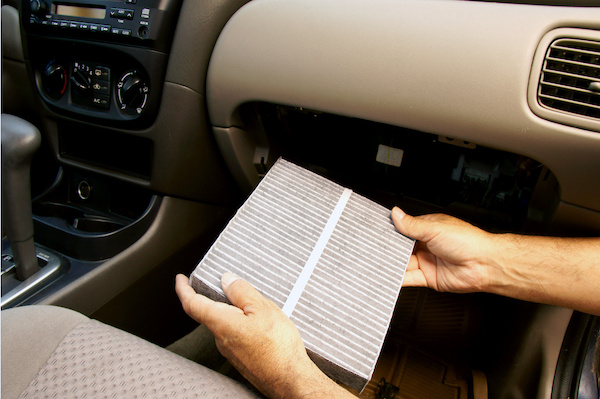
The cabin air filter is a part of the car that is often forgotten about until it causes problems. Typically, this is because they can be hard to reach. However, neglecting to change them can have some uncomfortable side effects. A cabin air filter is similar to the engine air filter, or even your air filter in your home. It prevents polluted and dirty particles from entering your vehicle cabin. Therefore, it serves to give you clean air. As you can imagine, the debris will clog up your filter over time. What Can Happen If You Don’t Change a Dirty Cabin Air Filter Health Problems - A clogged air cabin filter means that contaminants can get into your cabin. If you have allergies, it can be especially problematic. If you or your passengers are sensitive to dust, pollen, or smoke, it can be bothersome. Therefore, you should avoid letting it get to that point. Overworked HVAC System - When the filter is full, your HVAC system can strain to fu ... read more
Posted on 5/24/2022
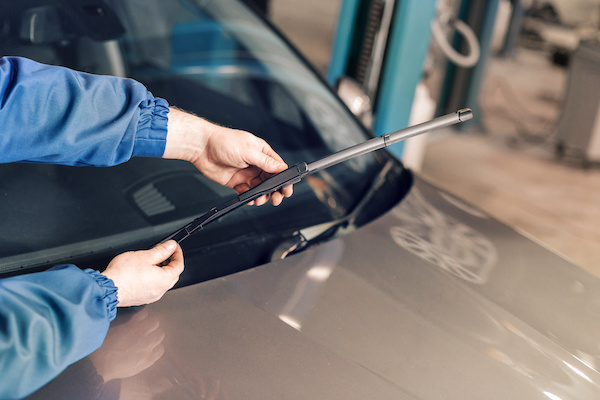
Preparing your automobile for the spring and summer months is no different from preparing it for the winter months. Getting your car maintained by a professional in the spring assures safe driving, increases the market value of your vehicle, and extends its lifespan. Here is a checklist to ensure you get your vehicle ready for spring: Take Your Car in for an Oil Change The engine oil cleans and maintains the temperature of the motor's interior components. Eventually, dirt and debris build up in the oil, leading the filter to get clogged. Make sure your car is running at its peak performance by having your engine oil and filter checked and replaced in the spring. Check Your Tire Pressure and Tread Depth; Install New Winter Tires Tires that are designed for icy conditions, like winter tires, are not as effective or safe in spring. Summertime or all-season tires suitable for both dry and rainy conditions are what you need. Tire pressure is also affected by temperature var ... read more
Posted on 4/27/2022
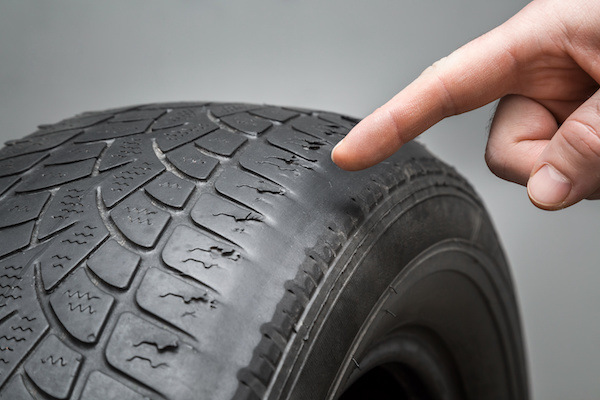
Your car tire tread pattern matters a lot. It impacts your tire performance, such as handling and how much traction they provide. Tire tread wear can tell you if the inflation, angles, and other components are within the recommended specifications. Additionally, your car tires can tell you more about the health and condition of your vehicle. Tire tread wear patterns like edge wear, center wear, cupping, patchy wear, and inner and outer wear can help you understand problems your car may be having. Common Types of Tire Tread Wear Patterns and What they Mean Inner or Outer Wear If your tire's inner or outer edge is wearing faster than the rest of the tread, your car's wheel alignment may be out of specification. This tread wear pattern causes your wheels to lean too much to one side caused by misalignment. Center Wear If your tires are wearing out more rapidly at the center, it's a sign of over-inflation. Filling your tires over the recommended pressure makes them ride al ... read more
Posted on 3/24/2022
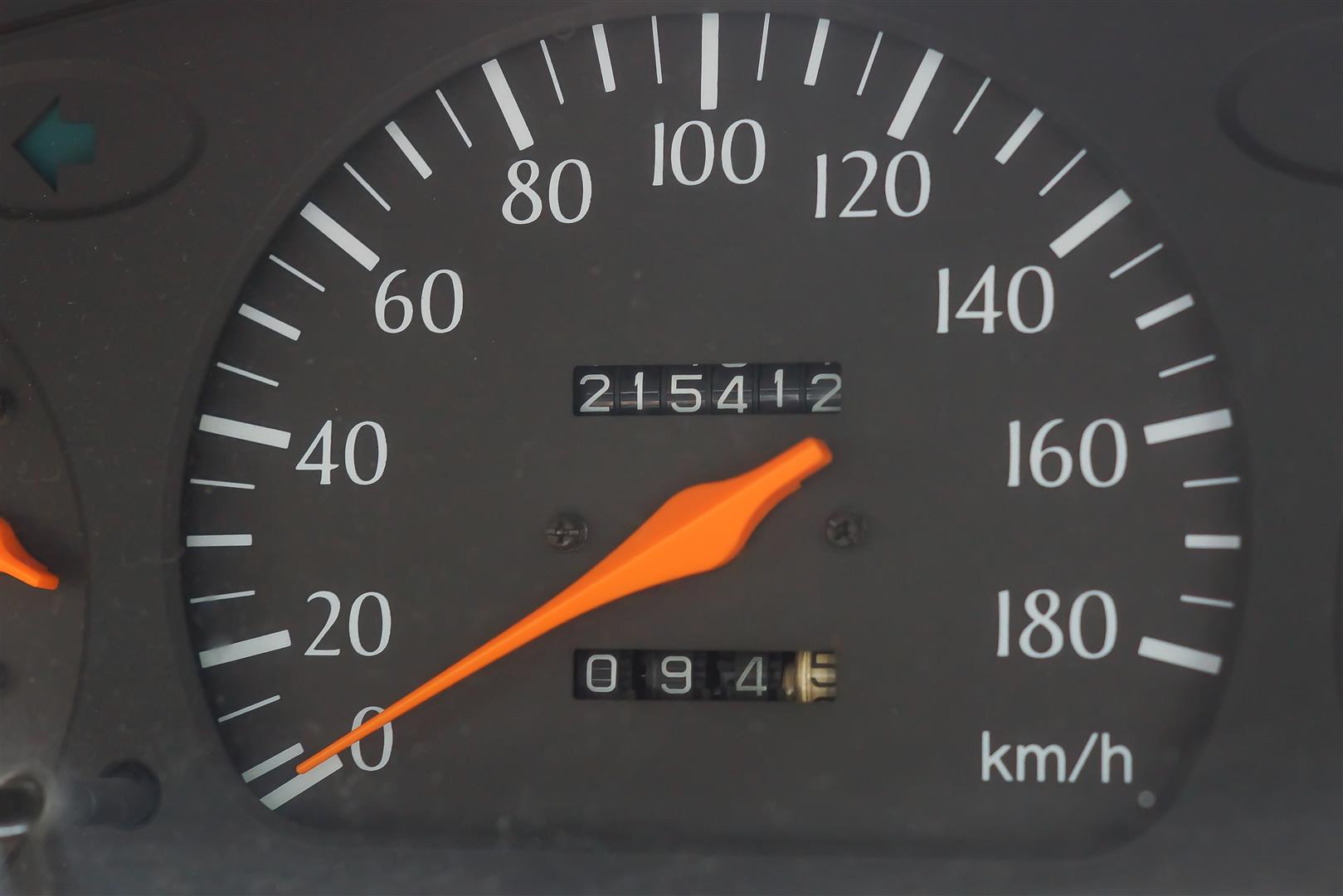
Can you imagine driving without any knowledge of your speed? Scary thought, right? The speedometer is a device located on your dashboard that displays how fast your car moves. Today, most speedometers are electronic and are a standard part of every vehicle. The Most Common Problem with Speedometers Seldom will your speedometer stop working out of the blue. While speedometer problems aren't as common, they're not impossible. Inaccurate speed is a prevalent issue within older vehicles, where the km/h may be lower or higher than the actual speed of your car. Sometimes, your speedometer may even erratically behave while you are driving. Whenever you catch these signs, it is important you get your car to an auto repair shop shortly. Diagnosing the Speedometer If one of your concerns is speed accuracy, our technicians will happily test it for you. You can even do this on your own with a mile marker on the highway and a stopwatch. Furthermore, we will thoroug ... read more
Posted on 2/25/2022
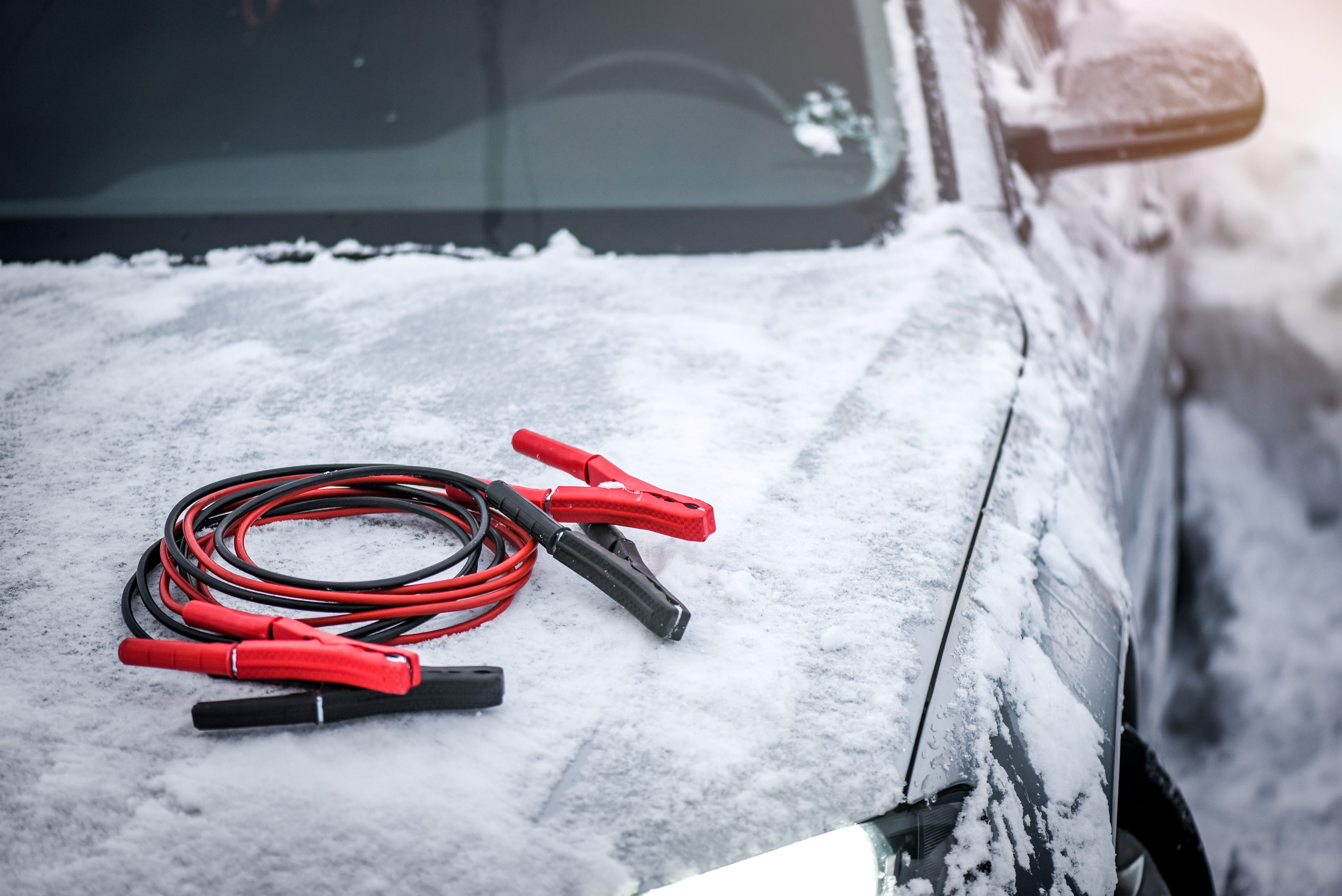
It is that time when most places in Canada record very low, freezing temperatures. As you prepare your house and body for the cold, you may want to consider ways to protect your car as well. Winter preparation is key to mitigating the damages that the cold can pose in your vehicle. Here are several ways winter weather can hurt your vehicle: Corrosion You can expect to see the occasional rain, sleet, or snow in Burnaby, BC. As a result, the roads may be salted and impact your vehicle when you drive. Since most of your vehicle is made of metal, like the undercarriage and brakes, the elements can rust from salty roads. Tire Pressure Fluctuation Cold temperatures can lead to fluctuations in your vehicle's tire pressure, specifically deflation. Driving with underinflated tires can present unsafe conditions and wear down your tires much quicker. To avoid this problem altogether, we recommend testing your pressure regularly and making minor adjustments from time to time. Dead Batter ... read more
Posted on 1/31/2022
.jpeg)
Though it is not talked about enough, the exhaust system in your BMW and MINI is vital for many reasons. The exhaust system helps get rid of dangerous gasses that are formed from your engine running. It does this by converting it into safer air. It protects you and your passengers from breathing in harmful engine byproducts (such as carbon monoxide). In other words, a flawed exhaust system can hurt your health, not just your vehicle's health. The exhaust system ensures that you aren't releasing way too many emissions that can harm the environment. Driving with a corrupted exhaust system can hurt other important systems as well, like the engine. Since the exhaust system helps draw the toxic gases away from the engine, it will continue to sit in the engine compartments when it is not working. They can start to damage and corrode the engine's parts. Furthermore, your gas mileage and engine performance will drop. Signs of Exhaust Problems You may experi ... read more
Posted on 12/23/2021
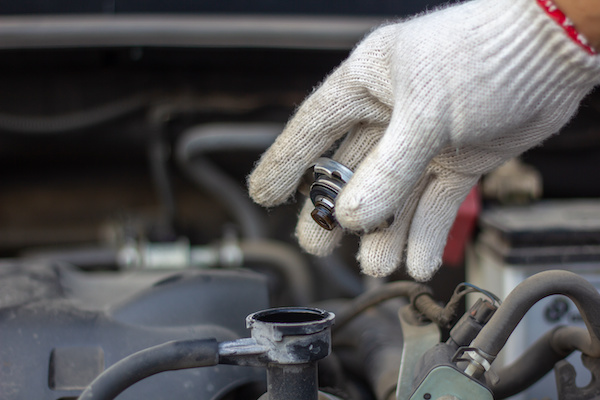
Car radiators keep your engine from overheating. Each radiator is designed to keep the engine at an optimal temperature as per the vehicle manufacturer's standards. They do this by circulating coolant through the engine and back again. Radiators serve an essential role in the maintenance of engines. An overheated engine often results in severe damage that may lead to expensive, time-consuming repairs. By pumping coolant around the engine, they draw off excess heat, maintaining an optimal temperature regardless of the weather conditions. How Do Radiators Work? Radiators work by passing a special fluid called coolant through thin metal fins. These fins let heat flow outside the engine block. When coolant gets pumped through the engine, it takes the heat away to the radiator, blowing air over the liquid. The heat gets exchanged with the air outside the car. A thermostat regulates this process. If the coolant goes lower than the specified temperature, it restricts the flow of the c ... read more
Posted on 11/30/2021

When driving your MINI, you're going to frequently step on the brakes when you need to decelerate or come to a stop. Each time you put pressure on the brakes, the pressure you exert should remain consistent. However, if your vehicle has a soft or spongy brake pedal, there's a deeper problem going on. If any of your vehicle's brake system parts (master cylinder, brake calipers, brake fluid, or brake lines) are defective, it can lead to mushy brakes. Thankfully, you can rely on the technicians at Nixon Automotive to detect and fix your springy brake pedal to give you a safer ride. Below are some of the common causes of sponge-like brakes. The most popular explanation for a spongy brake lever is air trapped in the brake system. Brake fluid does not mesh well with air, causing it to become less effective. Rusted brake lines can also develop small cracks that develop into leaks. If your brake lines are compromised, bend, and crack from vehicle accidents, making ... read more
Posted on 10/28/2021
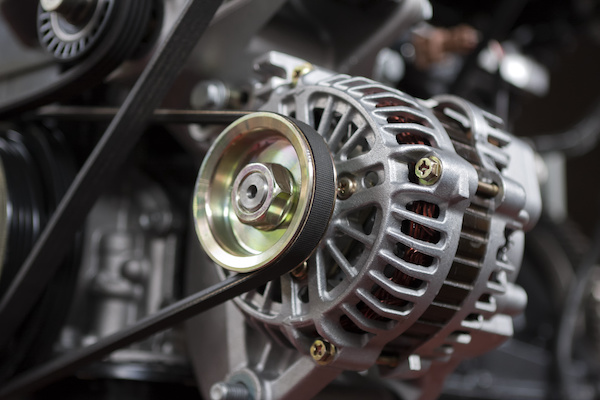
When most people think about their BMW's electrical system, they immediately think about the battery. While it is normal to think that because the battery provides the charge to start your BMW and run its complex tech systems, the alternator keeps your battery working. The alternator is the component that charges it when your vehicle is running. Without a functional alternator, your car will only run for a short period and shut off all the time. When your engine is running, your alternator is "recycling" power to charge the battery. The alternator is locked in the engine compartment. If your alternator is not working correctly, you will see one or more of the following signs: The battery warning light has turned on the dashboard Dead battery The battery can't hold a charge and shuts off mid-drive Dim lights Malfunctioning electrical components such as power windows, power seating, radio, etc. Odd sounds coming from under the hood Any of the sym ... read more